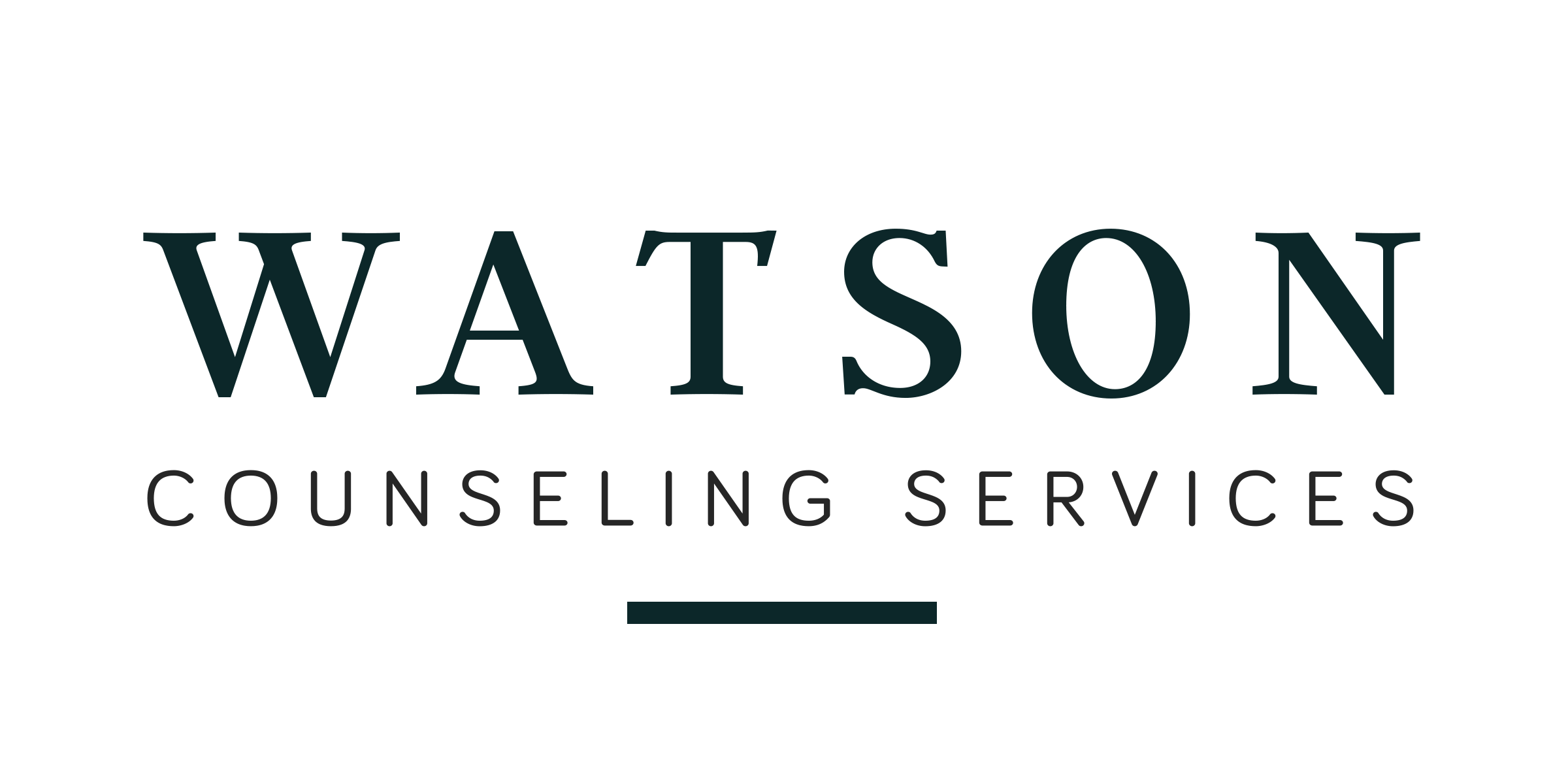eating disorder treatment
scope of practice
I work exclusively with anorexia nervosa, bulimia nervosa, binge eating disorder, and other-specified eating disorders (e.g. atypical anorexia, purging disorder). I do not currently take clients who meet criteria for Avoidant-Restrictive Food Intake disorder (ARFID).
building a team
Eating disorders are complex and require additional support during treatment. I will work with you to create your “dream team” of practitioners in order to support your physical, mental, and emotional health. At a minimum, this includes working with a nutritionist with a speciality in eating disorders and your primary care doctor. I may also provide referrals for other specialists to ensure the safety of your physical health. It is also instrumental to include family members, loved ones, or any other support people to aid you in your recovery journey.
determining your level of care
Depending on the severity of symptoms, some clients are not best suited to pursue out-patient treatment with me. Important factors related to your physical health and motivation for change will help me and your medical provider decide if I am the best option for you. I encourage all potential clients that are considering seeking my help to schedule a comprehensive medical evaluation with your primary care doctor to start this process.
I require all new clients to complete a full medical evaluation from their primary care doctor prior to your first session. Ongoing testing during treatment will also occur at the discretion and recommendation of your doctor. These things are for your safety.
Frequency of therapy sessions per week will vary from client to client. As treatment progresses, frequency of sessions will taper down.
eating experientials
Healing your relationship with food requires practice! I like to schedule eating experiences with my clients to help provide a safe place to practice new skills while eating. I have found that these moments are pivotal to recovery and help normalize eating in a helpful way. Including loved ones or family members in some sessions can aid by giving them useful language for support and minimize distress for clients.
resources
Educational Information
Types of Eating Disorders
Myths about Eating Disorders
Risk Factors
Books for Parents
Talking Eating Disorders
Surviving an Eating Disorder
When Your Teen Has an Eating Disorder
Your Dieting Daughter
Body Respect
How to Talk So Your Teens Will Listen (Parenting)
Disclosure: The recommended books are resources that I suggest in my clinical practice and that I draw from as resources to my clients. I carefully inspect and select all resources for my clients and only choose the ones that I believe will be helpful in their counseling journey. The book recommendations listed above are affiliate links where I earn a small commission. This is at no additional cost to you.
